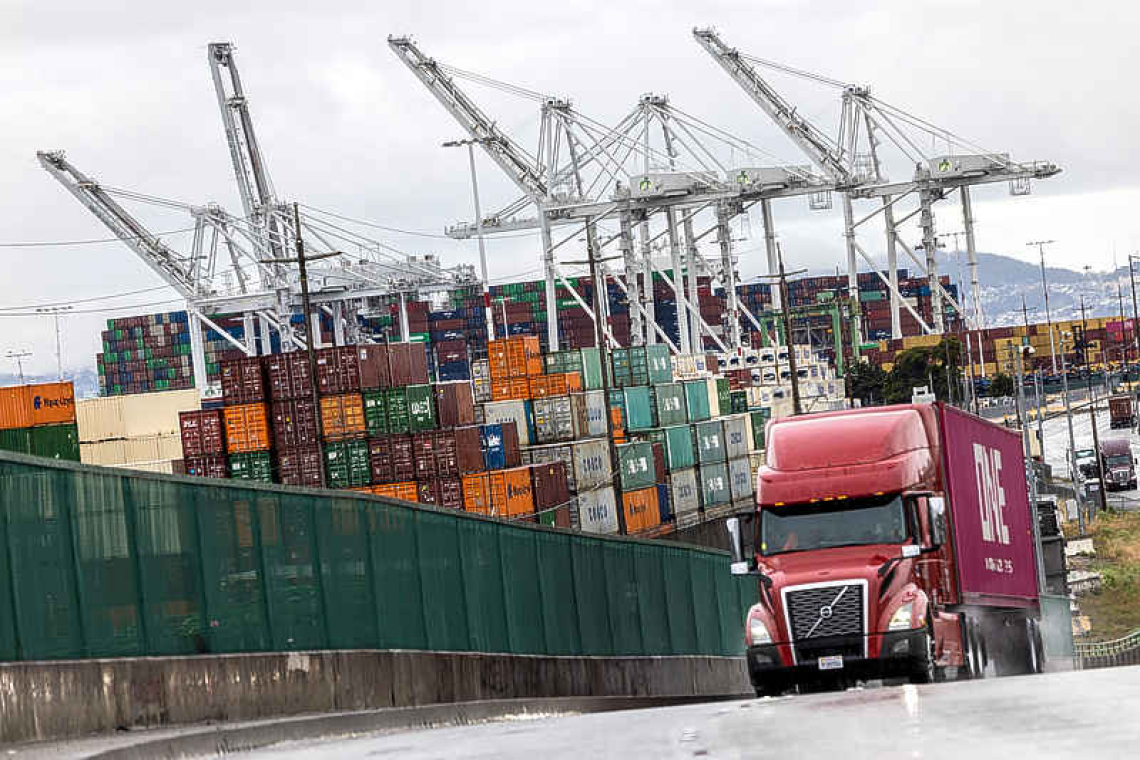WASHINGTON--Global stock markets surged on Monday after the U.S. and China agreed to slash steep tariffs for at least 90 days, tapping the brakes on a trade war between the world's two biggest economies that had fed fears of a global recession.
But the temporary pause did little to address the underlying schisms that led to the dispute, including the U.S. trade deficit with China and U.S. President Donald Trump's demand for more action from Beijing to combat the U.S. fentanyl crisis. While investors cheered the move, businesses were seeking more clarity.
Under the temporary truce, the U.S. will cut extra tariffs it imposed on Chinese imports last month from 145% to 30% for the next three months, the two sides said, while Chinese duties on U.S. imports will fall to 10% from 125%.
In addition to the tariff reductions, China agreed to lift export countermeasures issued after April 2, including restrictions on rare earth minerals and magnets used widely in high tech manufacturing, U.S. trade representative Jamieson Greer said in an interview with Fox News.
Financial markets cheered the reprieve in a conflict that had brought nearly $600 billion in two-way trade to a standstill, disrupting supply chains and triggering layoffs.Wall Street stocks finished sharply higher, with the S&P 500 closing at its highest level since March 3 and the tech-heavy Nasdaq Composite recording its highest close since February 28.
The dollar rose, while safe-haven gold prices fell as the news eased - but did not erase - concerns that Trump's trade war could crater the global economy.
Trump and his allies hailed the agreement as proof his aggressive tariff strategy was paying dividends, after the U.S. struck preliminary pacts with Britain and now China. "They've agreed to open China, fully open China, and I think it's going to be fantastic for China, I think it's going to be fantastic for us, and I think it's going to be great for unification and peace," Trump said at the White House.
It was not yet clear whether the deep trade imbalances that have hollowed out U.S. manufacturing will be addressed.Even U.S. Treasury Secretary Scott Bessent, who hammered out Monday's agreement with Chinese counterparts in weekend talks in Geneva, has acknowledged it will take years to reset Washington's trade relationship with Beijing.
China's state media said Beijing held firm to its principles while opening a path to more cooperation with the U.S., breaking from its tone of defiance a week earlier."Economic and trade cooperation between China and the U.S. has a deep foundation, great potential and broad space," government-run broadcaster CCTV said in a commentary.







